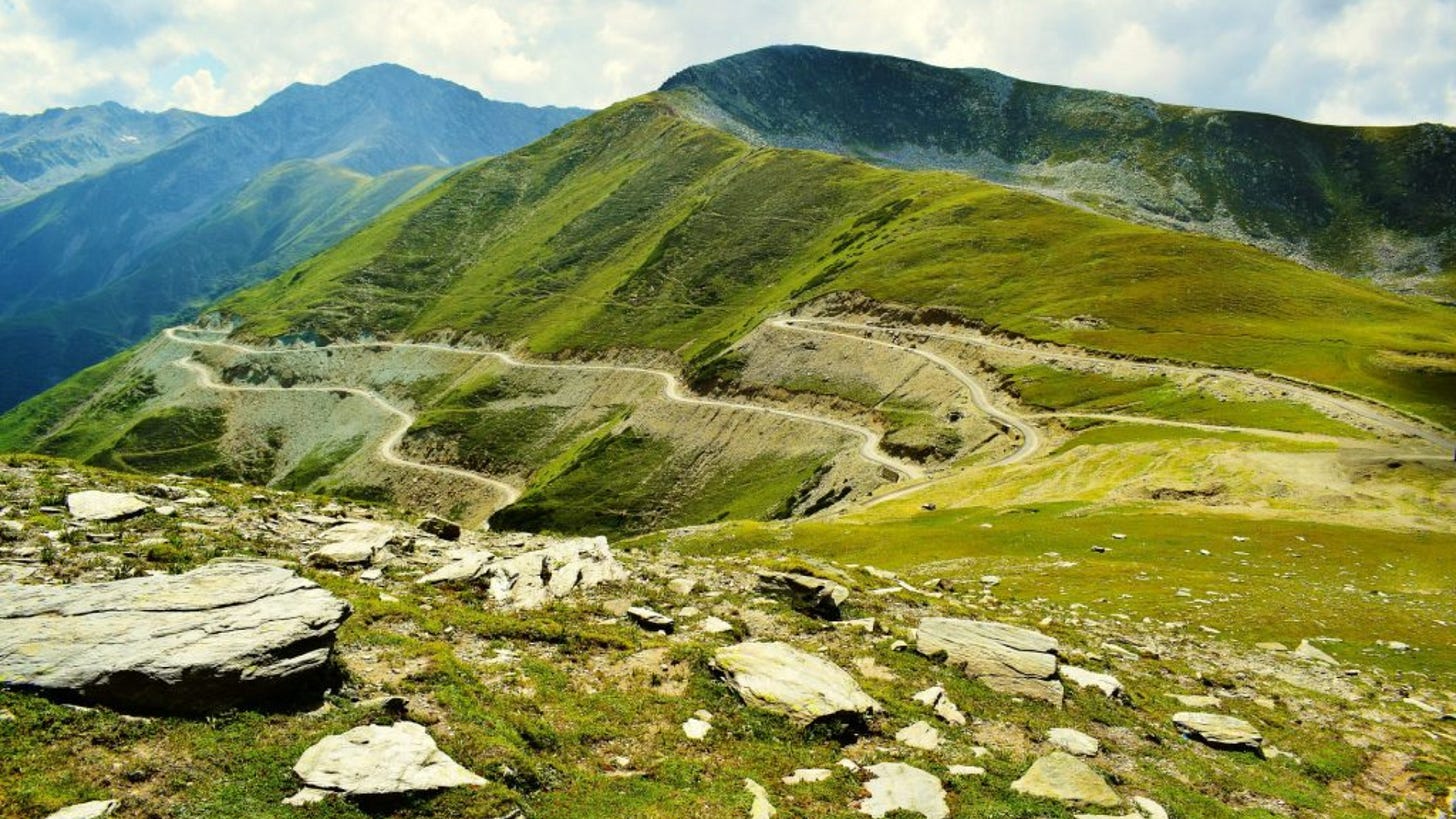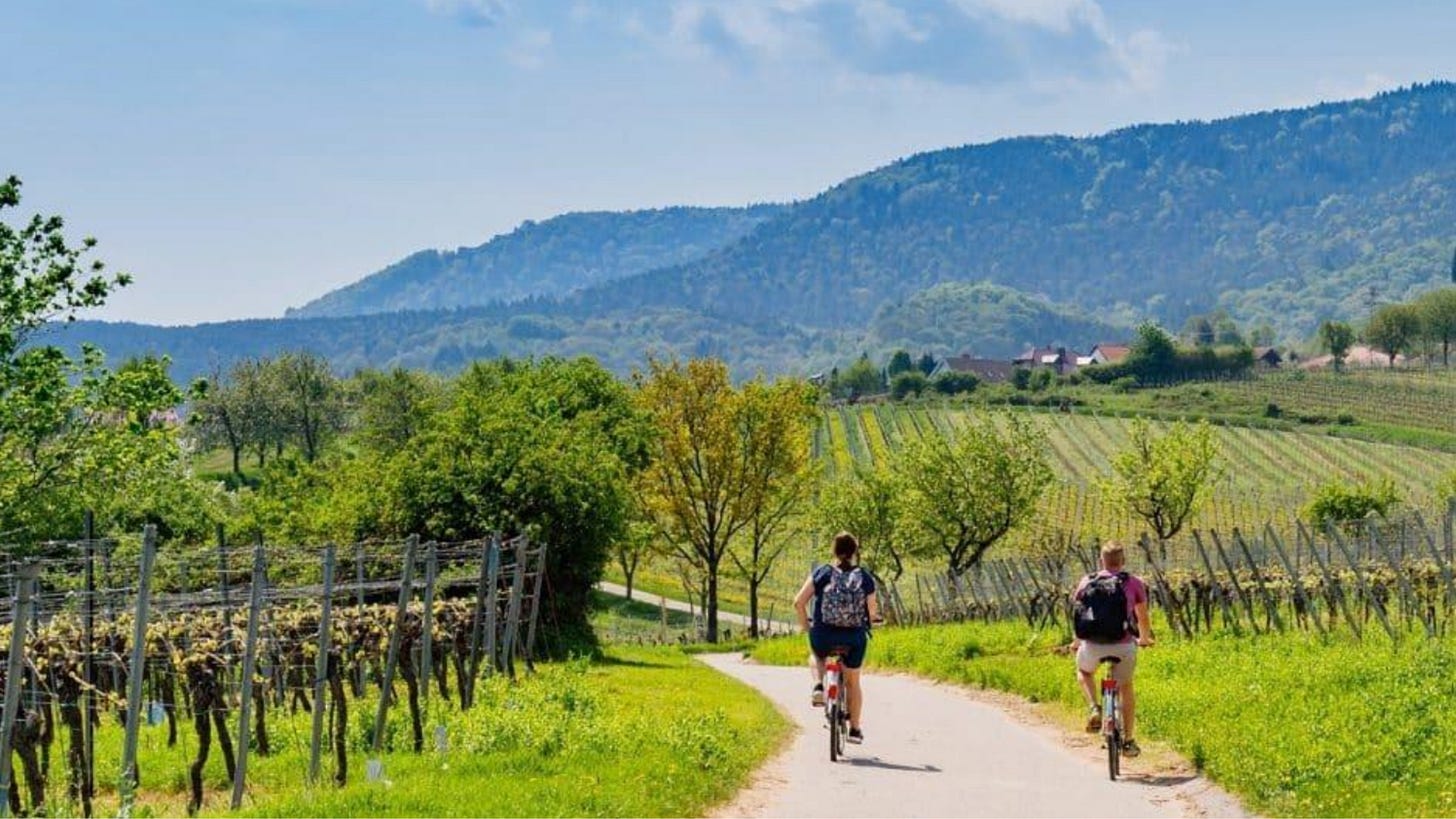The world's top court makes a climate decision
Big global win for climate, heatwave disaster in Kashmir, and supporting innovation for lasting change
The International Court of Justice (ICJ) issued a landmark opinion this past Wednesday, stating that countries have a legal duty to protect people and ecosystems from the "urgent and existential threat" posed by climate change.
It’s true that the ruling is an advisory opinion with no legal mechanism for enforcement. However, it represents important precedent that will carry weight in other courts as litigation continues.
For example, it means that the countries most impacted by rising temperatures – typically poorer countries who’ve contributed least to the problem in the first place - may be entitled to reparations from the world's top emitters. “This ruling is a powerful tool we can use to demand that those most responsible for this climate crisis be held accountable,” said Flora Vano, Vanuatu country manager for the non-profit ActionAid. “As the planet’s weather becomes more chaotic, this ruling paves the way for the protections and reparations we desperately need to rebuild our lives and secure a just future.”
The litigation was dreamed up by law students from the Pacific island nation of Tonga in 2019. One of those students, Siosiua Veikune, was at the ICJ in the Hague this week to hear the opinion, telling the BBC, "I'm lost for words. This is so exciting. This is a win we take proudly back home to our communities."
I completely agree: this ruling is yet more proof of how ordinary people, when we use our voices, can change the world.
Last week, I shared how climate change is melting the glaciers and impacting the water supply in Alberta. On the other side of the world, Kashmir — known for its glaciers, cool temperatures, and breathtaking views of the Himalayas — is experiencing similar impacts. This month, they saw the mercury rise to 37 degrees C (that’s 99 F!), the hottest it has been in Srinagar in more than 70 years.
The region remains in the grip of a strong heatwave which is wilting crops, sending people to the hospital with heatstroke, and leading officials to shutter schools and universities. Farmers are paying the price as well. Zaina Begum told the BBC that her paddy crop, which she grows with her family on one acre of land, has not produced a good harvest for five years due to changing weather patterns and erratic rainfall. “This summer, it feels like our worst fears have come true,” she said. “We have nothing left.”
Climate change also delayed winter snowfall last year, leaving the mountains looking bald and brown and many rivers low or even dry. Glaciers are also melting in Kashmir more quickly than in the past. “These trends are not just seasonal anomalies - they represent a systemic shift that could have long-term consequences for water security, agriculture and biodiversity in Kashmir,” says Mohammad Farooq Azam, a glaciologist and hydrologist.
Just like Tonga and Vanuatu, Kashmir is another region that has emitted little carbon historically, yet is disproportionately experiencing climate impacts.
Solving climate change will require innovation. Around the world, a new wave of startups is developing new technologies to decarbonize buildings, clean up agriculture, electrify transportation, and protect communities from climate risk. These companies need more than just investors: they need visibility, volunteers, test sites, and community partners to scale their solutions.
You can help. Look into local green business accelerators, university sustainability labs, or youth-led climate tech ventures in your area. Offer your support: amplify them on social media, donate through a crowdfunding site, or connect them with someone in your network. If you have technical, legal, business, or design skills, many welcome mentorship or pro bono consulting, especially in the early stages. Even introducing them to a local library, church, or school that might pilot a solution can make a real difference.
Not sure where to start? Elemental Excelerator supports community-focused climate tech across the U.S. and Asia-Pacific. Third Derivative is a global accelerator connecting climate startups with investors and partners. CleanTech Open runs competitions and training for early-stage startups across North America. For Europe, EIT Climate-KIC supports innovation hubs and ventures across the continent.
By helping local innovators succeed, you’re not just cheering from the sidelines — you’re accelerating the technologies that can get us to net zero, faster.









I think it’s a mistake to characterize this ICJ decision as an “advisory opinion”. That goes to the nature of international law. International legal obligations are considered “binding as a matter of international law” whether or not there are effective enforcement mechanisms, which frequently are absent. However, an ICJ decision is, strictu sensu, binding only on the parties to that particular dispute, and carries only persuasive weight in subsequent international adjudications or in the domestic courts of any country. Nonetheless, international lawyers, legal scholars, most governments, and subsequent arbitral tribunals tend to take ICJ decisions very seriously as evidence of applicable legal standards. They are thus more than mere “advice”; they’re about as weighty as international law ever gets. The lack of enforceability of international law is, however, a chronic and pervasive limitation on its effectiveness.
Re: What you can do (support startups) - I like this because it goes beyond donating, clicking, or writing decision-makers. Importantly, it can get activists personally involved with one or more small startups - a wonderful spirit-lifter.
Any more on how we can get involved with appropriate startups and offer resources (test space, skills, etc.)?